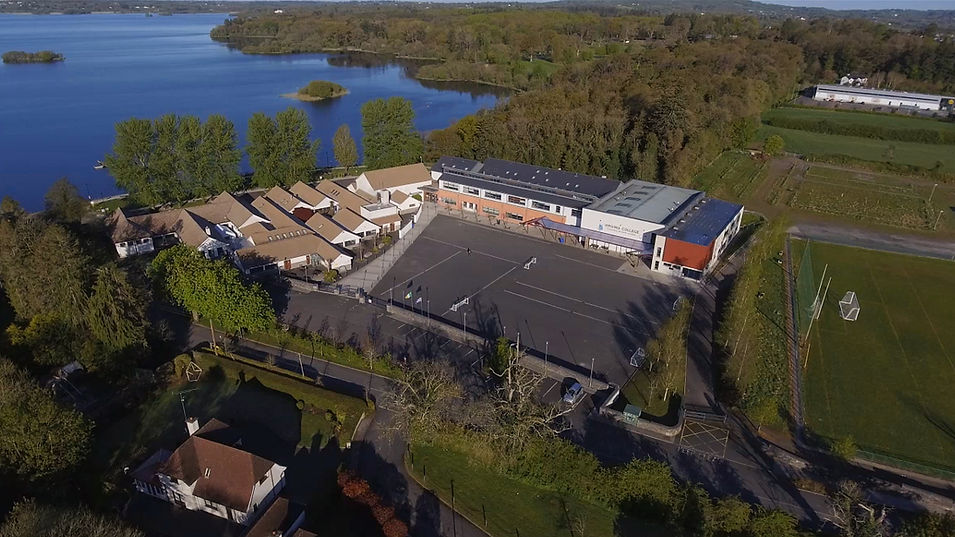

Home Economics
Subject Information
Junior Cycle Home Economics develops the knowledge, understanding, skills and values necessary achieve optimal, healthy and sustainable living for every person as an individual, and as a member of families and society. It develops students' creative design and textile skills.
The Home Economics syllabus provides students with knowledge, understanding, skills and attitudes necessary for managing their own lives, for further and higher education and work. The learning experiences in home economics develop flexibility and adaptability in students, prepare them for a consumer-oriented society and provide a learning foundation for a wide range of careers in food, textiles, science, design, social studies and tourism.

Department Members
-
Ms Cooney
-
Ms D Smith
Why Study Home Economics?
Students should study this subject in order to:
-
Be able to research, study, analyse and interpret material.
-
Be able and willing to learn Nutrition and Culinary skills.
-
Be able to communicate well.
-
Be organised.
-
Be able to discuss topics and work in teams.
-
Home Economics is a popular subject choice for Leaving Cert Students.
What kind of student would Home Economics suit?
This subject suits a practical student who enjoys making things, doing things and knowing how things work.
It is be advisable for students opting for Leaving Certificate Home Economics to have completed the Junior Certificate course. Some of the areas covered on the Junior Cert Home Economics course are continued at Leaving Certificate level.
Practical cookery assessed through written exams only
Textile Electives—fashion design, social studies, home design and management
There is a lot more Sociology e.g. Family /marriage/ relationships/ family problems e.g. alcoholism, gambling, the elderly, housing, problems facing teenagers/ child care development
In-depth Study of Nutrition, Resource Management and Consumer Studies
Much of the course is theory based – students are often under the illusion that “it’s all cooking” and find it quite a shock when they realise even the Practical Section has to be written up and presented – because there is no Practical Examination as at Junior Cycle Level.
Recommendations/Tips
This is a wide-ranging course, covering many life skills areas. Students enjoy the subject but they must be willing to learn and to undertake what is quite a substantially theoretical subject.
There is both an Honours and Ordinary level within the subject. Students can opt to take the written exam at Higher or Ordinary level, however the Coursework Journal is at a general level and is corrected as such.
There is also a link with other subjects: Biology, Business Studies and Building Construction. being aware of this cross-curricular advantage is helpful when choosing subjects.
Subject Group: Social
These subjects explore common issues faced by all people living in society. They develop the skills and knowledge used to manage personal resources and guide human behaviour.
Career Sectors
This subject builds skills and knowledge that are particularly useful for careers in the following Career Sectors:
-
Farming, Horticulture & Forestry
-
Biological, Chemical & Pharmaceutical Science
-
Government, Politics & EU
-
Clerical & Administration
-
Healthcare
-
Tourism & Hospitality
-
Law & Legal
-
Leisure, Sport & Fitness
-
Sales, Retail & Purchasing
-
Security, Defence & Law Enforcement
